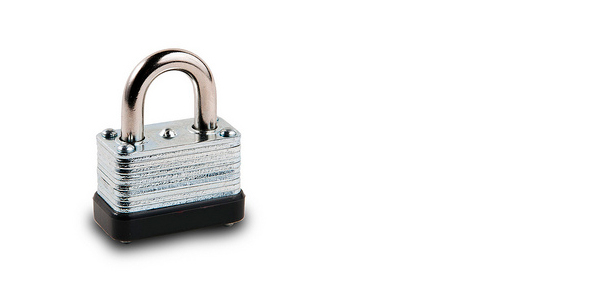WordPress is a very good platform for blogging. Apart from the fact that it is user friendly; it provides you with so many tools where you can monitor and relate with your readers.
However, as you make more friends and get more subscribers/traffic, remember that not everybody that is coming to check out your content is friendly, so you have got to tighten up your website security to avoid being a victim of the enemies who may go ahead and hijack online contents.
There are various measures you can take to secure you WordPress blog from Hackers.
Tips To Improve Your WordPress Website Security
1. Update WordPress Regularly
WordPress is regularly updated so that you can optimize your platform with new features, some of the features include some security programs that could level up on website security. Always make sure that you update your version of WordPress to the latest edition as this makes your site more secure than before.
Updating the WordPress platform may bring a deformation to some of your plugins; this is an opportunity to refresh your WordPress plugins as well as changing some to optimize your blog performance. Most times, it is better to stick to the plugins provided by WordPress to keep your security from alarming. It is always better to keep a backup of your database before making any upgrade, and all can be done through your dashboard.
2. Install an Encrypted Login Plugin
The WordPress software does not have the Encrypted Login facility by default, therefore, the best solution is by installing a plugin that enables these features. An example of this is the ‘Chap Secure Login‘ that makes use of SHA-256 algorithm to protect your password and username. Another useful plugin is the ‘Login Lockdown‘, which is helpful in blocking IPs that tracks down repeated failed attempts to access sites. The ‘CAPTCHA’ plugin is also another that can help secure the WordPress blog, RetinaPost introduces user to enter highlighted characters from a phrase.
3. Change the Default Admin Username
The brute force software is a very strong tool by hackers to crack usernames. The WordPress when set up set admin as the default username, changing it gives you a chance to gain more security over hacking. You can create a new administrator account, and delete the default one, it is better to do this before writing an article with that account, or else, every post through this name goes with the deletion. The most effective method you may use for this is to access your blog’s “php MyAdmin”, choose “WordPress database“, look for the “wp_user table” and find the admin username with the “Browse” icon, then find the “user_login” column, edit on the correct row, and change the “admin” to your login name of choice, hit the “Go” and that’s all.
4. Hide “Powered by WordPress”
Hackers have different methods and tools to attack different platforms, you can make it more difficult if you hide the platform you are using. A good way to do this is to hide the “Powered by WordPress” at the bottom of each page on your site.
This information is available on the “footer.php” file by default. On your dashboard, select Appearance>Editor. There are different themes on the WordPress dashboard and they require different method of hiding the ‘Powered by WordPress’ text. You can go through some online tutorials to learn how to remove the text. If it is a PHP code, you can carefully follow the thread to remove the code. Please do not touch anything if you don’t know how to use the php coding.
5. Regularly Keep Backups of Your Site!
Sometimes, despite making your site as secure as possible, you can still fall victim to security breaches. That is why it is very important to regularly keep a backup of your site so that you will be able to easily restore you files should a problem occur.
Some backup service includes ‘Cloudsafe365‘, you may combine cloud backup with some secure tools against techniques such as cross site scripting, monitor content theft and SQL injection. Dropbox also offers a very good backup service.
Conclusion
WordPress has tried to remove security features on its platform, but it is ultimately up to you to make sure that your site is as secure as possible. Hackers can find it fun just to disrupt your service; therefore, you have to try your best to optimize your security technique as much as you can.
___________________________________________________________________
Thank you to my Guest Post Author: Konga Felix
Konga is an Internet-preneur, who majors in blogging.
___________________________________________________________________


CommentLuv vs Disqus – Why I Don’t Use CommentLuv!